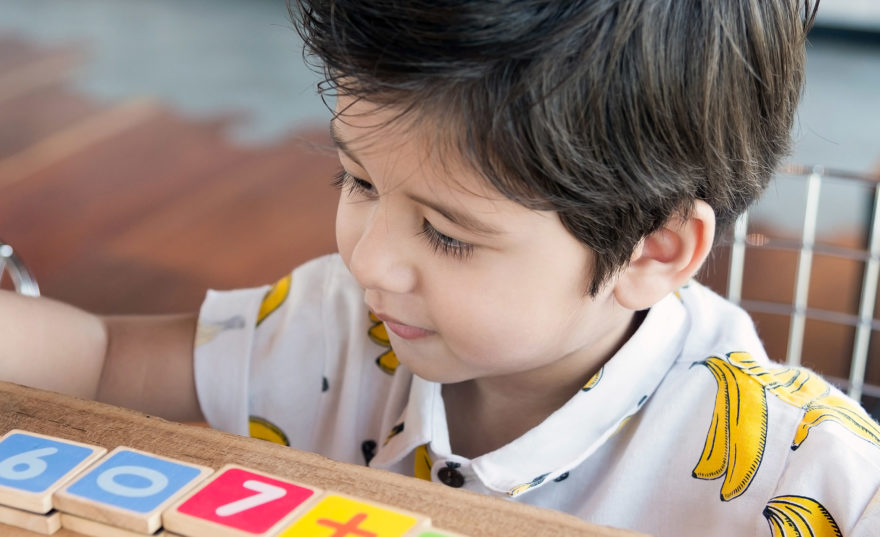Exposure to adversity during childhood negatively impacts on behavioural development due to suboptimal associative learning, according to data from a new study. The study cohort included 81 youths aged 12-17 years, of which half had experienced physical abuse and half had no history of maltreatment. The participants completed a probabilistic learning task (to assess associative learning), a spatial working memory task (to assess cognitive ability), and a Youth Life Stress Interview.
Data analysis found that those who had experienced early childhood abuse demonstrated lower levels of associative learning compared to controls. Specifically, affected youths were less able to correctly learn which stimuli would likely result in a reward. This learning impairment contributed, in part, to an increased rate of behavioural problems in affected youths. The researchers propose that those exposed to adversity in childhood are more likely to experience difficulties in learning associations between stimuli and rewards because they use information about known rewards in their environment less often than non-exposed children.
Hanson, J.L., van den Bos, W., Roeber, B.J., Rudolph, K.D., Davidson, R.J. & Pollak, S.D. (2017), Early adversity and learning: implications for typical and atypical behavioural development. J Child Psychol Psychiatr, 58:770-778. doi:10.1111/jcpp.12694
